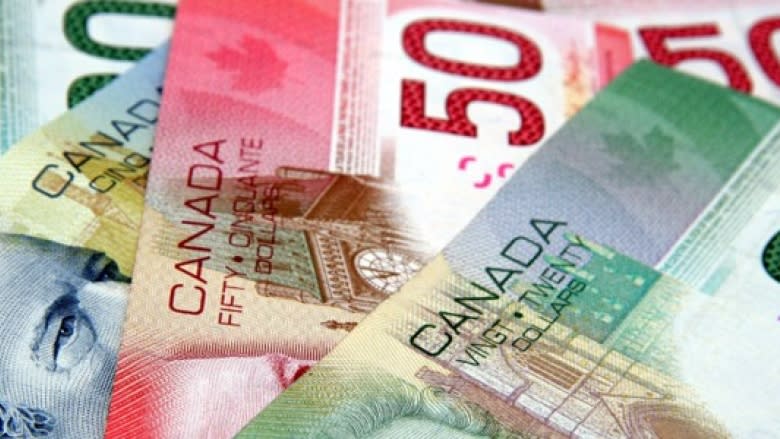Canada's wealth gap: Survey highlights big divide between hopes and harsh reality

From Pope Francis to powerful central bank leaders like Mark Carney and Janet Yellen, everyone is scrambling for a solution to the alarming divide between the world’s have and have nots.
Canadians, too, are worried about the growing economic inequity we feel both at home and abroad.
The theory (one that is supported by the International Monetary Fund) suggests that the wider the disparity between rich and poor, the less stable our society is. Such a gap weighs down economic growth, restricts access to the democratic process and even erodes our physical well being.
As Jonathan Sas, director of research for the Broadbent Institute, succinctly put it in a recent interview: “It isn’t a laughing matter.”
The wealth gap is front and centre of Broadbent’s public discourse right now. The left-leaning think tank recently released the findings of a new poll exploring how we, as Canadians, feel about the gap, which, by the way, is defined by our total assets (including house, investments and savings, etc.) minus debts (student loans, credit cards, mortgages, etc.).
What the survey really does, though, is expose in no uncertain terms how blissfully ignorant we are of just how bad the distribution of wealth really is in this country.
Here’s what we think is going on, according to the poll results:
The richest 20 per cent in Canada own 10 times the wealth of the poorest 20 per cent (55.5 per cent of the wealth compared to 5.8 per cent).
A sizeable middle class, holding slightly less than 40 per cent (38.7 per cent) of all the wealth in the country.
And, here’s the reality:
The richest 20 per cent hold 67.4 per cent of all wealth, while the poorest hold less than 1 per cent.
“It is stark,” says Sas, who worked with pollster Greenberg Quinlan Rosner Canada, using actual wealth data from Statistics Canada.
If there is a silver lining in the survey findings, it’s that Canadians do appear to want a better, more equitable situation for ourselves and generations to come.
Notably, we see an ideal future where a healthy middle class of 60 per cent of Canadians owns 60 per cent of the wealth.
The richest 20 per cent would be only three times richer than the poorest 20 per cent, and those at the bottom of the wealth index would still own a significant share of the pie (11.5 per cent compared to 30.3 per cent for the wealthiest fifth).
The study also asked respondents about income inequality (defined as the uneven distribution of income), with 86 per cent agreeing the gap between the rich and everybody else is a growing problem.
Most (73 per cent) Canadians believe government can do something to close the gap, including increasing the federal income tax rate on the highest income tax bracket.
The survey indicates strong support for policy options to reduce the gap held steady regardless of age or political affiliation of respondents – a point the folks at Broadbent hope won’t escape the notice of those in power with a federal election just around the corner.
“The issue of inequality has become associated with the (political) left, but what this survey is telling us is that folks of all political stripes are concerned with the gap,” Sas said.
“This busts the myth that policies to address inequality are a loser to the Conservatives.”
A TD Economics report published in November highlighted the challenges posed by income inequality, calling it “an obstacle to economic success.”
Of the wealth gap, the bank noted that the most important source of both asset and debt growth over the last 10 to 15 years has been related to real estate. While Canadians across the income spectrum have benefited from the housing boom, it’s the middle-income households — those of us who likely hold a greater share of our wealth in our principal dwellings — that are left the most vulnerable in the event of a housing correction.
"While TD Economics expects a soft landing in the Canadian housing market, there is evidence of excess valuation in real estate, which poses a risk,” the report states.

 Yahoo Finance
Yahoo Finance 
